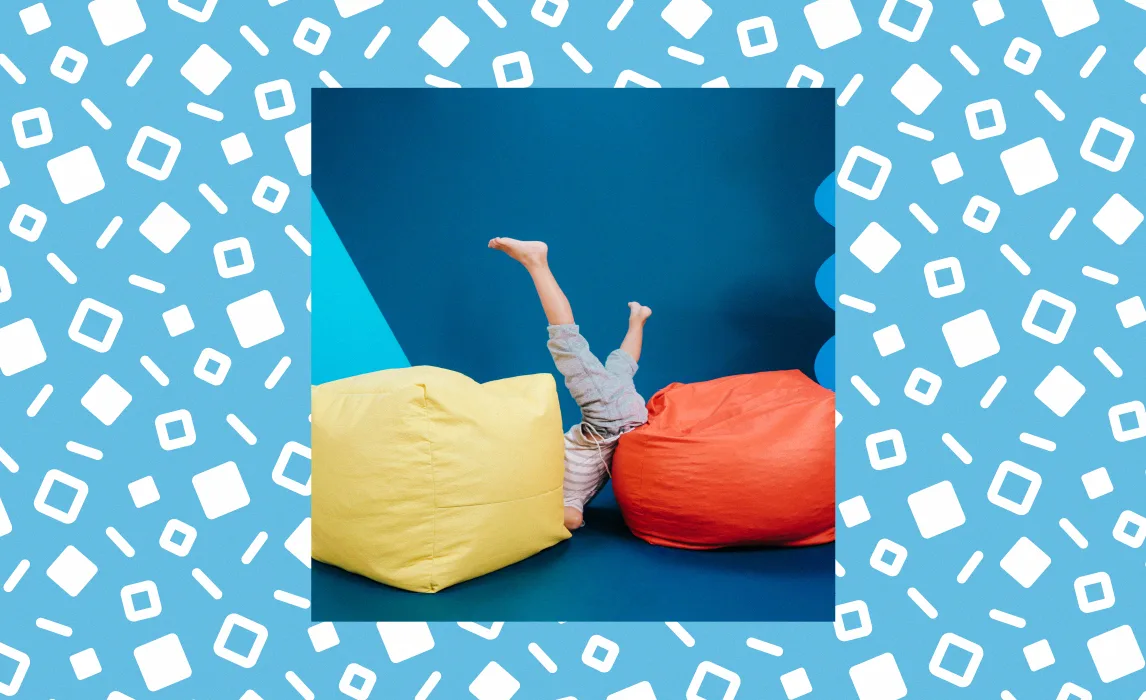Can we teach our kids how to have more self-control?
Just one more episode of "House of Cards", then I’ll go to bed. As adults, we practice self-regulation when we close Netflix before the next episode begins to autoplay or when we resist the urge to snap at someone when we’re feeling tired or frustrated. What is self-regulation and why is it important? In essence, self-regulation is a form of cognitive control involving the ability to regulate thoughts, emotions, instincts and actions.
Research indicates that adults who are able to resist temptations, persist through difficult tasks, and are capable of delaying gratification are likely to enjoy better physical health, have more successful careers and, in general, experience more satisfaction with life. Not only is self-regulation important for adults, it seems to be linked to positive outcomes in children. As a society, we strive to support the development of happy, thoughtful children who are taught the necessary skills to flourish. Developing the ability to self-regulate is a helpful piece of the puzzle. You may be familiar with the famous marshmallow experiment in which 3-5 year olds were placed in a room and told that they could have one marshmallow right away or two when the researcher returned in 15 minutes. The lab experiment was used to assess children’s ability to control the urge for immediate gratification in order to achieve a more desirable future outcome, in this case: two marshmallows.
Follow-up studies on these preschoolers found that those who were able to wait 15 minutes to receive the larger reward were more successful as teenagers; they had fewer behavioral problems, better health outcomes and significantly higher SAT scores. Further studies have found robust associations between deficits in self-regulation and negative behaviors such as aggression, antisocial behavior, ADHD, depression and substance abuse. While we understand that self-regulation is important, is it a skill that can be developed? A team of researchers set out to answer this question through a series of three studies, each focused on a different age group. In the first study, undergraduate students were randomized to a mindfulness-based intervention or to an active control group. Each group participated in their respective intervention for 20 minutes a day over a period of five days. Interestingly, five days of mindfulness training improved attention and positive emotions and reduced negative affect and fatigue relative to the control group. These findings suggest that just five days of mindfulness training may be enough to significantly improve young adults’ abilities to regulate attention and manage challenging emotions. In the second study, middle-school students were randomized to six weeks of mindfulness training or to an active control group. The findings support those of the first study in that students who practiced mindfulness for 30 minutes a day showed an increased ability to focus attention, experienced more positive emotions, better academic performance, and improved interpersonal relationships.
The final study assessed the effects of mindfulness training on 60 children aged 4-5 years. The meditation program was modified to include cartoons and shorter exercises that were relevant to younger children. The findings were consistent with those of the other two studies; 10 hours of mindfulness training was found to significantly increase children’s self-control. This research is exciting as it demonstrates the potential for children to develop the ability to manage their thoughts, emotions, and impulses through the practice of mindfulness from as early as 4-years-old. Introducing mindfulness to children from a young age may be a fun and effective way for children to become familiar with their minds and to improve cognitive control, a powerful predictor of future wellbeing. It might just be the thing that helps them put down their phones and do their homework. [Editor’s Note: Headspace has designed specialized meditation sessions for children under 5, between 6 and 8 years and those aged 9 through 12. Try it with the kids in your life.]

While we understand that self-regulation is important, is it a skill that can be developed?
Janis Martman


Be kind to your mind
- Access the full library of 500+ meditations on everything from stress, to resilience, to compassion
- Put your mind to bed with sleep sounds, music, and wind-down exercises
- Make mindfulness a part of your daily routine with tension-releasing workouts, relaxing yoga, Focus music playlists, and more
Meditation and mindfulness for any mind, any mood, any goal

Stay in the loop
Be the first to get updates on our latest content, special offers, and new features.
By signing up, you’re agreeing to receive marketing emails from Headspace. You can unsubscribe at any time. For more details, check out our Privacy Policy.
- © 2025 Headspace Inc.
- Terms & conditions
- Privacy policy
- Consumer Health Data
- Your privacy choices
- CA Privacy Notice
